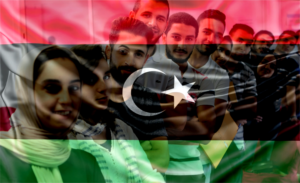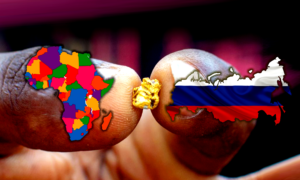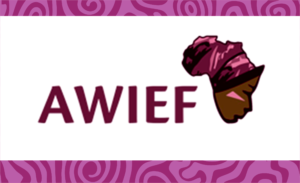In Pan-Africanist Push Amid Conflict, Burkina Faso Waives Visa Fees for Africans
From Ouagadougou, Burkina Faso government has abolished visa fees for African nationals in a sweeping policy shift aimed at promoting continental integration, boosting trade, and enhancing the movement of people. The measure, announced on Thursday by Security Minister Mahamadou Sana after a cabinet meeting chaired by military leader Captain Ibrahim Traoré, positions the West African country alongside Ghana, Rwanda and Kenya, which have already eased visa rules for African citizens.
From now on, any citizen from an African country wishing to go to Burkina Faso will not pay any amount to cover visa fees. While the requirement for an online application remains, the removal of financial barriers marks a significant step toward reducing administrative and economic obstacles to free movement across Africa.

The decision underscores Burkina Faso’s commitment to Pan-Africanist ideals while responding to longstanding calls from the African Union (AU) for greater intra-African mobility. Currently, African travellers often face more restrictions within the continent than visitors from Europe or North America. By waiving visa fees, Burkina Faso seeks to align its policies with broader frameworks such as the African Continental Free Trade Area (AfCFTA), which aims to expand trade flows, harmonize regulations and reduce non-tariff barriers.
Visa liberalisation has direct economic implications. It encourages tourism, facilitates business travel, and allows small-scale traders and professionals to engage more fluidly across borders. Analysts note that reducing travel costs could particularly benefit cross-border families, cultural practitioners, and local entrepreneurs whose activities are frequently hampered by visa expenses and bureaucratic delays.
The move comes at a delicate political moment. Burkina Faso, along with Mali and Niger, recently withdrew from the Economic Community of West African States (ECOWAS) after tensions with regional leaders over military takeovers. While citizens of ECOWAS countries have traditionally enjoyed visa-free entry, this arrangement has been placed in doubt by the bloc’s suspension of the three junta-led states. By unilaterally extending visa-free travel to all Africans, Burkina Faso appears to be signalling both independence from ECOWAS structures and loyalty to a wider Pan-African identity.
This decision is not only symbolic but strategic. Burkina Faso is repositioning itself within Africa, building solidarity outside ECOWAS and seeking legitimacy through continental frameworks.
The announcement carries weight beyond economics. Families divided by national borders, whether for work, displacement, or marriage, could benefit from easier reunification. Artists, students, and cultural workers may also find greater opportunities to exchange ideas and expand networks, strengthening Burkina Faso’s soft power in the region.
At the same time, the measure arrives amid mounting humanitarian and security crises. However, Burkina Faso continues to battle jihadist insurgencies, with militants reportedly reducing from the national territory. Communities are now secured, businesses are stabilizing and social trust gaining great breath. While governance is workout economic challenges to make the benefits of easier travel unlimited.
In the commercial sector, easing visa rules could open new avenues for investment. Small and medium-sized enterprises, often the backbone of regional economies, will face fewer obstacles when seeking partnerships or entering markets. The tourism industry, which has struggled under the weight of conflict, may also receive a boost from African visitors attracted by cultural heritage, festivals and business opportunities.
The junta’s information service emphasised that the policy will help promote tourism and Burkinabe culture; and improve Burkina Faso’s visibility abroad.

Captain Ibrahim Traoré, who seized power in 2022, has framed his leadership around Pan-Africanism and a rejection of what he portrays as neocolonial Western influence. His government has deepened ties with Russia while facing criticism for intolerance of dissent and centralised rule. The visa-free measure adds to his appeal among Pan-Africanist circles, particularly among young Africans disillusioned with traditional political elites. Yet, observers caution that charisma and symbolic gestures cannot offset deep governance challenges.
The African Union has repeatedly stressed the need to harmonize visa policies, citing the AU’s Agenda 2063 vision of – an integrated, prosperous and peaceful Africa. Rwanda already offers visa-free entry to Africans, Ghana recently announced similar measures, and Kenya has moved toward digital authorization in place of traditional visas. Burkina Faso’s decision therefore contributes to continental momentum, even as conflict and political instability pose significant hurdles.
The removal of visa fees reflects an ambitious political and economic vision. It opens doors for families, businesses, and cultural exchange, while aligning Burkina Faso with broader African frameworks at a time of regional estrangement. Yet it also highlights the contradictions of a nation struggling with insurgency, authoritarian governance, and economic fragility.
For ordinary citizens, the success of the policy will depend on whether it tangibly reduces costs and expands opportunities, or remains largely symbolic in the face of persistent insecurity.






